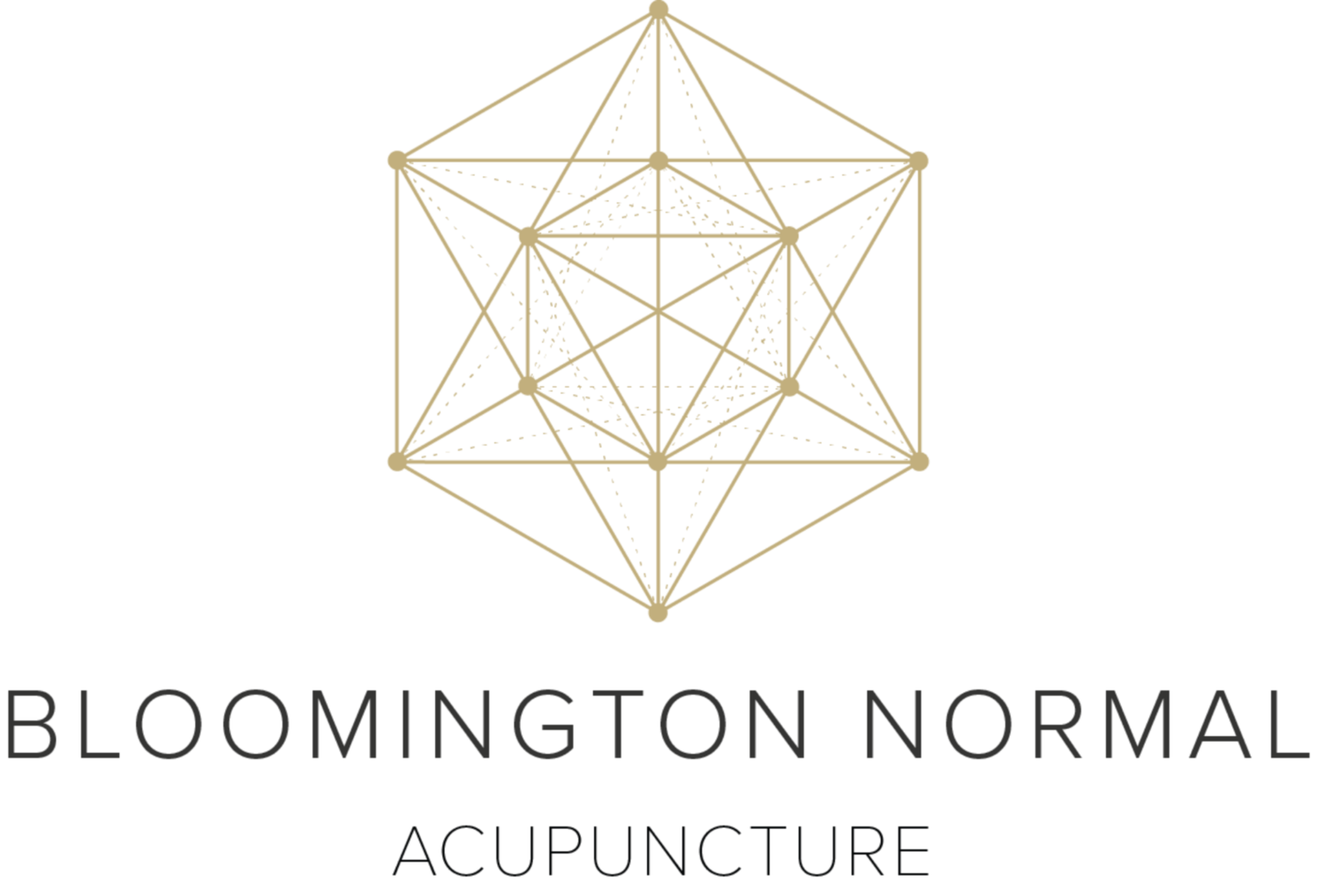What Is Acupuncture?
In order for me to explain what acupuncture is, let me first start by saying what it is not. Acupuncture is not a metaphysical "energy medicine," nor is it a religion.
Acupuncture is a traditional model of medicine, originating in Ancient China, dating back to over 3000 years. This Asian healing art was originally used by royalty to prolong youthful looks, fertility, and life span. Today, modern scientific study and medical imaging continue to validate the principals of this traditional system of healing, helping to reveal why it’s remained so popular in the far East across centuries and centuries.
Ancient Chinese physicians observed that when a person was ill, that illness would manifest itself in pain along certain points in the body. When these points were stimulated with needles, the pain diminished, and frequently, the body began to heal. Today, we know that these points contain a high concentration of sensory fibers, blood vessels, lymphatic vessels, and mast cells, and are distributed along longitudinal pathways of the body.
There are over 300 of these points on the body. Acupuncturists stimulate these points in combination to reduce inflammation, relieve pain, restore homeostasis, reduce stress, and to stimulate the body’s own mechanisms of healing.
From a modern Western perspective, diseases are understood to be caused by a breakdown of the immune system, metabolic failure, changes in DNA structure, or an invasion of microorganisms. Many of these diseases can be resolved at a cellular level, but in some cases diseases become chronic because the body’s normalizing mechanisms have been defeated or weakened. Poor nutrition and stress are two examples of factors that can weaken these normalizing mechanisms, leading to a diminished immune system if uncorrected.
When an acupuncture needle is inserted, it stimulates the body’s nervous system, transmitting signals along the nerves and emitting a variety of biochemicals that influence other cells of the body. The nervous system is connected to the hormonal system via the adrenal gland, and it makes connections to every biological system of the body. In this way, acupuncture is truly a “holistic” medicine.
What can acupuncture treat?
Many people are surprised to hear about the broad array of illnesses and issues the can be treated by an acupuncturist: migraines, post stroke rehabilitation, post operative pain, nausea and vomiting due to chemotherapy, depression, anxiety, allergies, pain, arthritis, sprains, IBS, gastritis, autoimmune diseases, infertility, correction of breech presentation during third trimester, induction of labor and morning sickness and so on! The truth is that most diseases, whether chronic or acute, will benefit from restoring homeostatic balance to the body.
